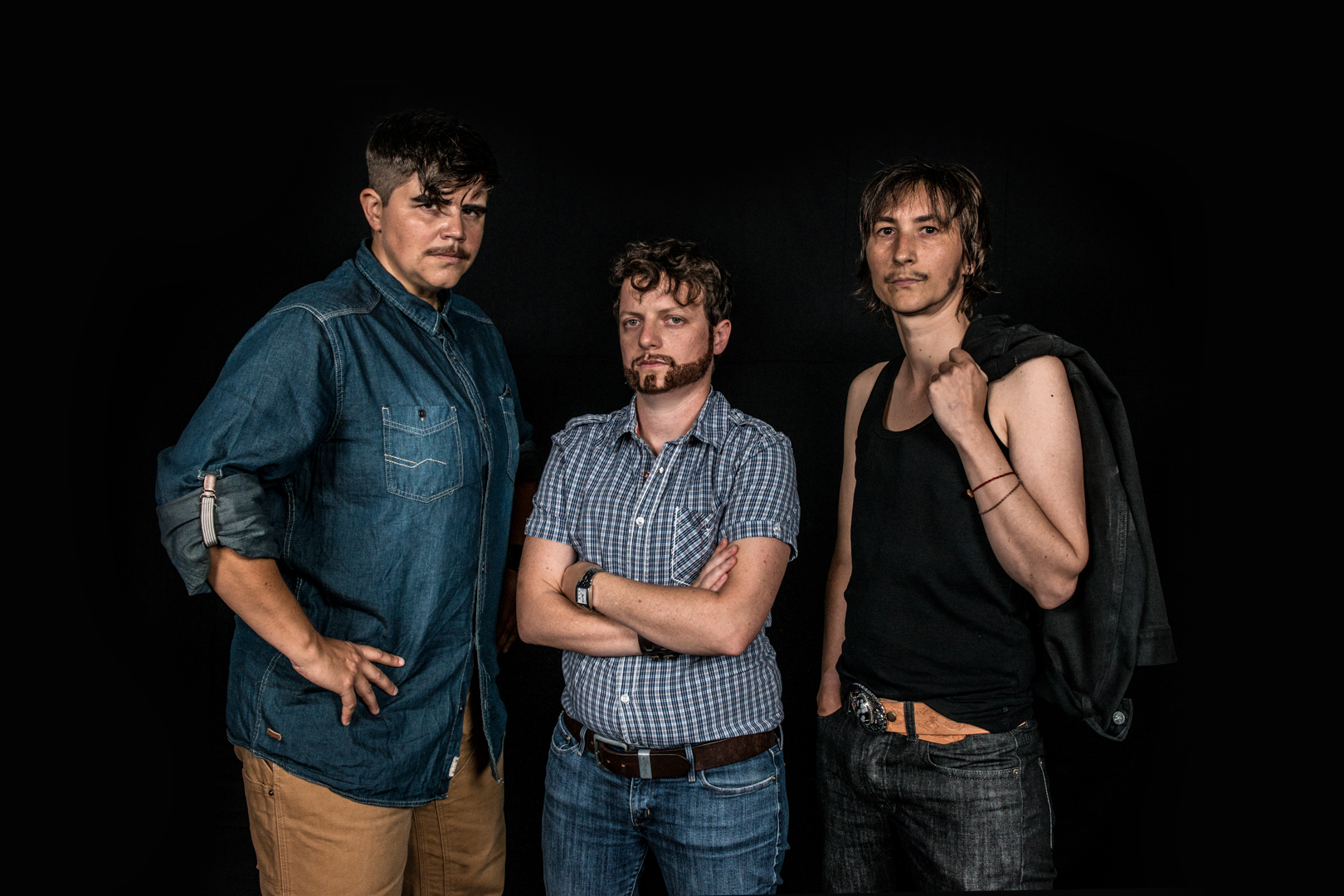Hannah Starkie explores the world of drag queens, and questions if it recreates certain gender stereotypes and identities.
This month, 8th March sees International Women’s Day 2017. This year the campaign theme is titled #beboldforchange, a campaign which aims to initiate gender parity and encourage every man and woman to change their way of thinking towards gender matters.
Gender distinctions and identities have been delicate social issues for some time, being very much denounced by popular culture. Still, some of us remain ignorant to the fact that gender is not a set of binary categories denoting men and women; they are not a causal result of biological sex. Years of heavy societal and media reinforcement of how we should look and behave, has misted many naïve minds. By detaching gender from biological sex, we reveal an infinite world of possible gender identities. But what does it really mean for a person to be masculine or feminine? Essentially, gender is just as much a performance as Beyoncé’s 2017 Grammys act – we “do” gender and select our own individual identities, each different from the next.
It is suggested that femininity is not only imposed onto women by societal pressures, but also that it is an activity we should take part in. The famous quote by Simone De Beauvoir, “one is not born, but rather becomes, a woman”, stands testament to the clear cut distinction of sex from gender that everyone should appreciate.
Everyone will be familiar with the classic drag queen act; the exaggerated, bouffant back-combed hair, the neon bright eyeshadows, and the glitzy sequin costumes with feather boas, that are loved so much by cabaret goers all over the world. But chances are you’re less familiar with drag kings – women that take on stereotypically male identities and appearances. The Gender Queer Society, a drag king group from the US, is just that. The kings adopt the personas and identities that we most associate with men, resisting archaic beliefs about gender traditions by demonstrating that performativity is but a central part to gender. From facial hair and suits and ties, to tattoos and Hi-Viz construction worker uniforms, these women break the boundaries of the hegemonic gender norms that we are so used to having shoved in our faces.
From an outsider’s view, drag performances in general could appear to play a role in the reinforcement of gender stereotypes. They do, after all, in many cases mimic stereotypes for comedic or entertainment value. Drag kings drawn on hyper-masculine qualities such as the need for muscularity and heightened sex drives in the same way that drag queens exploit hyper-feminine stereotypes. This usually involves that of preserving heterosexualism – playing on society’s expectation of heterosexual relationships – as well as an exaggerated ‘male’ or ‘female’ look with extravagant make up and fashion – maintaining the societal notion that women strive to look good for men and men are sexually driven towards women. Drag performances, then, could be deemed damaging for both men and women with their underpinnings of gender stereotypes. Yet despite this, digging deeper into the implications of drag acts, drag still displays such a large aspect of gender performativity, so much so, that identities become so overtly performative that they become observable as a construct.
This goes to show that there is nothing to limit an individual choosing a certain style of dress that is more masculine or feminine than what their societal ‘gender’ assigns them to. Equally, nothing limits a woman wanting to associate with feminine qualities and identities, either. But the problem we face is making people aware of the new age of genderqueer. People tend not to like the things that they don’t understand; this matter is just one of them. Therefore, discrimination based on people’s personal choices to express who they are as an individual, is often a result of the unawareness the ill-informed ones display. So, in light of International Women’s Day this year, you can also #beboldforchange and educate yourself and the people around you, on the true meaning of your identity.
Hannah Starkie

